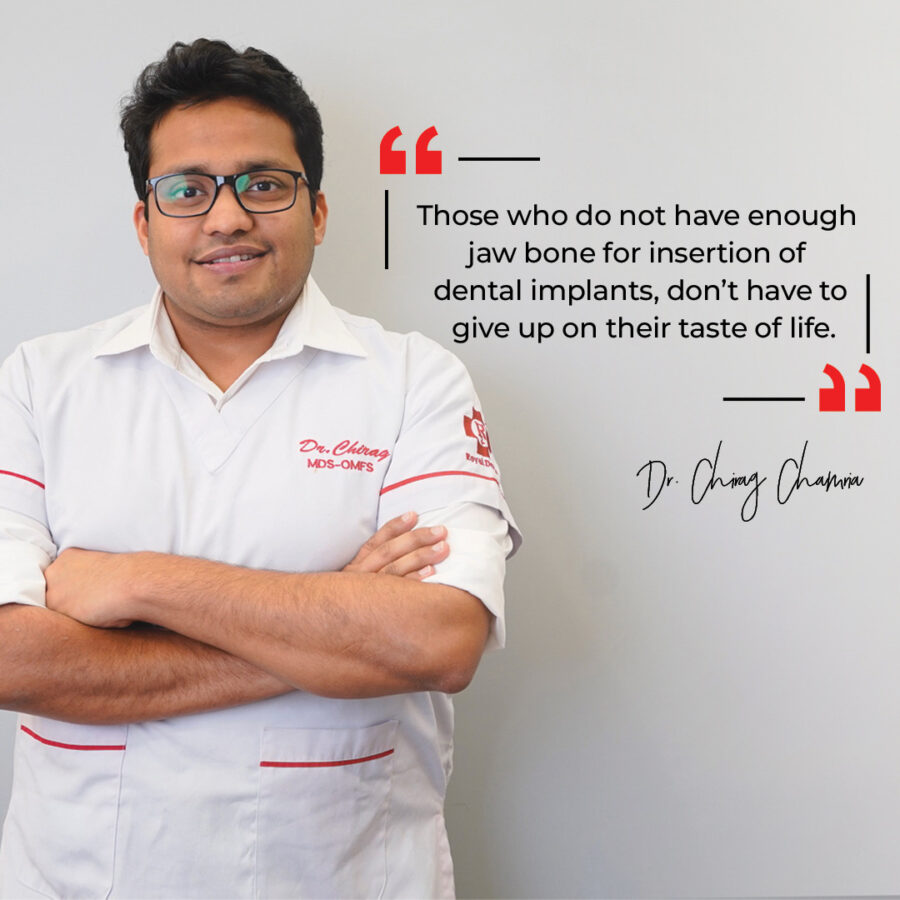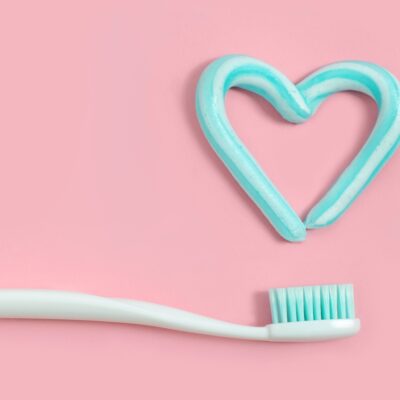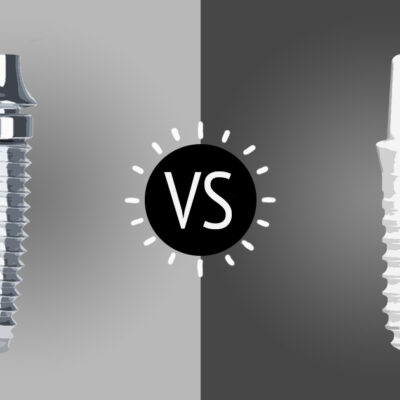Seeing your dentist regularly is the best way to look after your dental health. Regular checkups can catch small problems before they become big ones, and help you catch potential issues before they turn into something more serious. There’s plenty of advice online about how to maintain good dental hygiene, but it can be hard to find information that is simple and easy to understand – especially if you’re a teen or someone who hasn’t grown up with the Internet as an everyday resource. If you don’t have parents or older siblings who can advise you on how to take care of your teeth, or if you just want a one-stop resource for all things dental health, this article is for you. Here we cover everything from brushing your teeth correctly and flossing, to what mouthwash is good for and why orange juice isn’t great for keeping gums healthy.

Brush Your Teeth Twice a Day
The first rule of good dental hygiene is to brush your teeth twice a day. You should brush both in the morning and before you go to bed. If you are a teenager, you should brush your teeth three times a day, or even four times in a particularly messy week! This is because, as a teenager, you are still growing and therefore producing lots of new cells. All these extra cells create more bacteria and cause more plaque to build up, which can lead to tooth decay. If you can brush your teeth more often, you can reduce the amount of plaque that builds up, meaning you are less likely to get cavities.
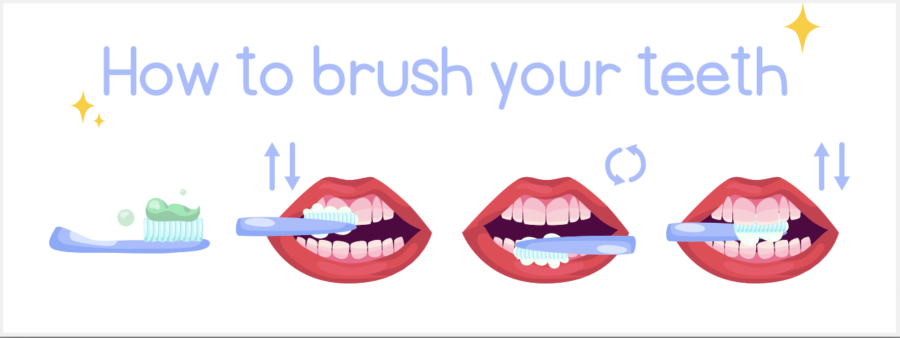
Brushing your teeth regularly can also help prevent gum disease and bad breath.
Floss Every Day for Dental health
The next rule of good dental hygiene is to floss every day. Teens in particular are prone to not flossing regularly because they find it difficult to do. Flossing is not something that comes naturally to a lot of people, but it is absolutely essential for good dental health.
Flossing is the best way to remove food particles and bacteria from between your teeth, which brushing can’t reach. If you don’t remove all the bacteria that builds up on your teeth every day, it can cause cavities and gum disease. Flossing is important for everyone, no matter what their age. Even if you don’t have any cavities or gum disease, if you don’t floss you are missing out on the health benefits of a regular toothbrush.
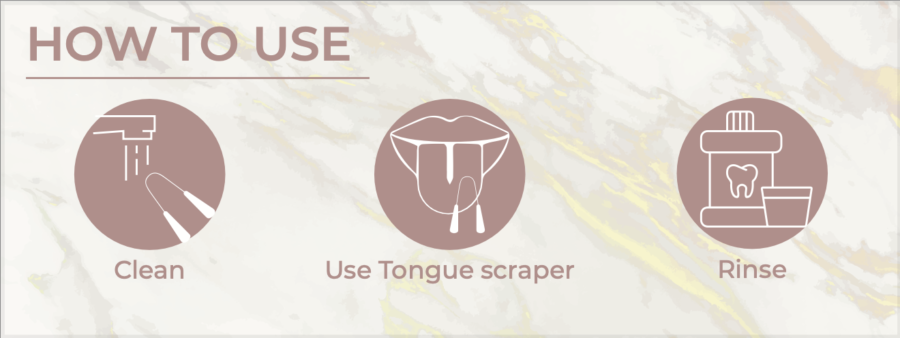
Use a Mouthwash You Like
The next rule of good dental hygiene is to use a mouthwash you like. Mouthwash is a great tool for preventing bad breath and also for preventing cavities and gum disease. Mouthwash works by killing bacteria, which keeps your breath fresh, and protects your teeth and gums from infection.
There are lots of different types of mouthwash, but what you need to look for is one that has the American Dental Association (ADA) Seal of Approval. You should look for a mouthwash that contains fluoride and is designed for your age group. Using a mouthwash is a fantastic way to add another layer of protection against cavities and gum disease. It is another tool in your arsenal to fight off bacteria that causes bad breath.
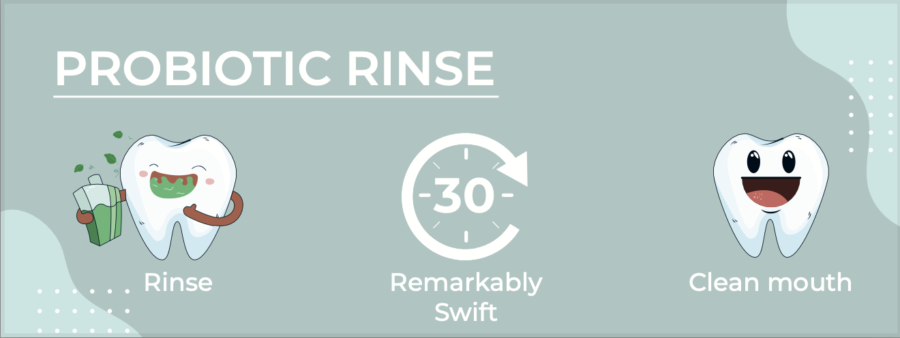
Take Care of Oral Health on a Daily Basis
Teeth are one of the important aspect in esthetics, chewing swallowing, speech. In addition, teeth provides an individual with good personality. A graceful smile will give happier look on ones face. More healthier and stronger the teeth, the more it adds to your overall health and appearance. Good Food, Good Dental Health.
Visit the Dentist Once a Year | Dental health
The next rule of good dental hygiene is to visit the dentist once a year. Your dentist will be able to give you advice on how to improve your dental hygiene. They can also provide you with tools such as floss holders and specialty toothbrushes. They can also give you advice on what toothpaste is best for you and your dental health. Your dentist is a great person to go to for advice on how to maintain great dental hygiene. Visiting them once a year will allow them to see if there are any issues or problems with your teeth or gums. It is also a great opportunity for them to give you advice on how to improve your dental hygiene.
